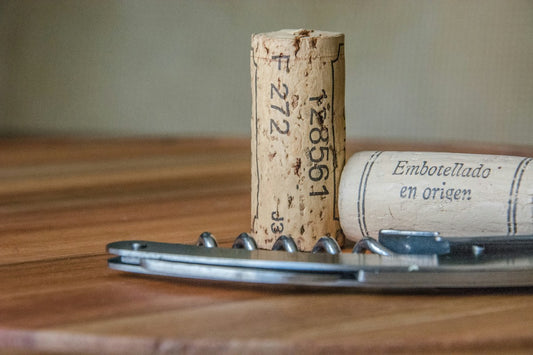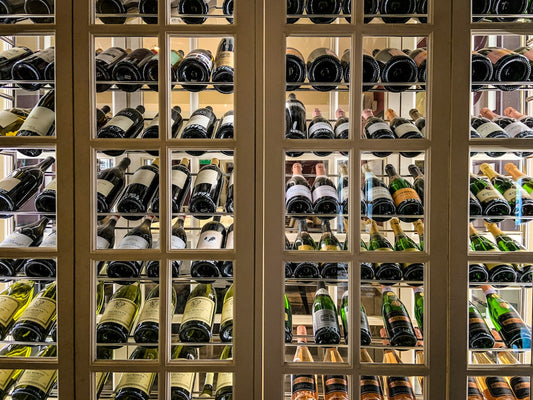Does Cheesecake Have Eggs? It'll (Maybe) Surprise You!
Norah Clark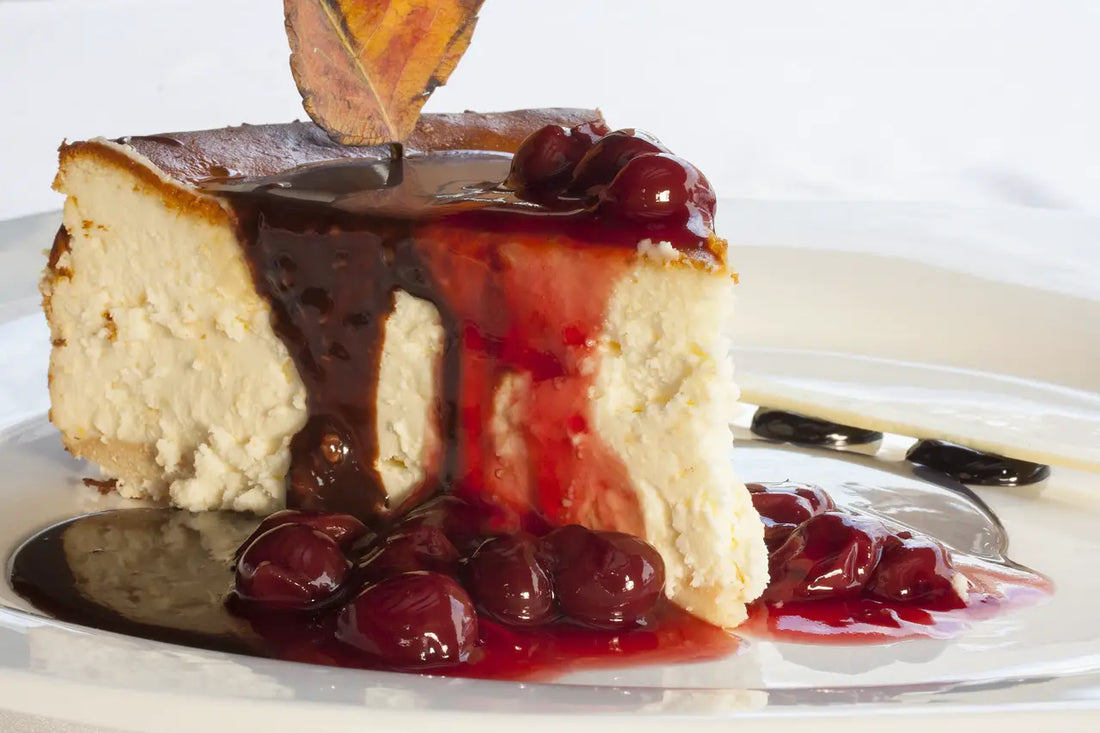
Whether cheesecake contains eggs depends on specific cheesecake recipes. Eggs are needed for baked cheesecakes as the eggs help bind with other ingredients. However, eggs are not necessary for non-baked cheesecakes. It’s down to personal preference and dietary requirements.
As an ex-pastry chef of over 10 years, I’ve often been asked whether cheesecakes contain eggs or whether they should contain eggs depending on if it is a baked or non-baked cheesecake.
Read on to find out what cheesecake is, why some recipes contain eggs, where cheesecake originates from, are eggs necessary in cheesecakes, and how to select suitable substitutes if you don’t like eggs.
What Is Cheesecake Made of?
Today, a cheesecake is described as a sweet food item, which typically comprises two or three layers of ingredients.
The thickest layer (also known as “the filling”) is an amalgamation of sweetened soft cheese, sugar, and lemon. Then there's the crust.
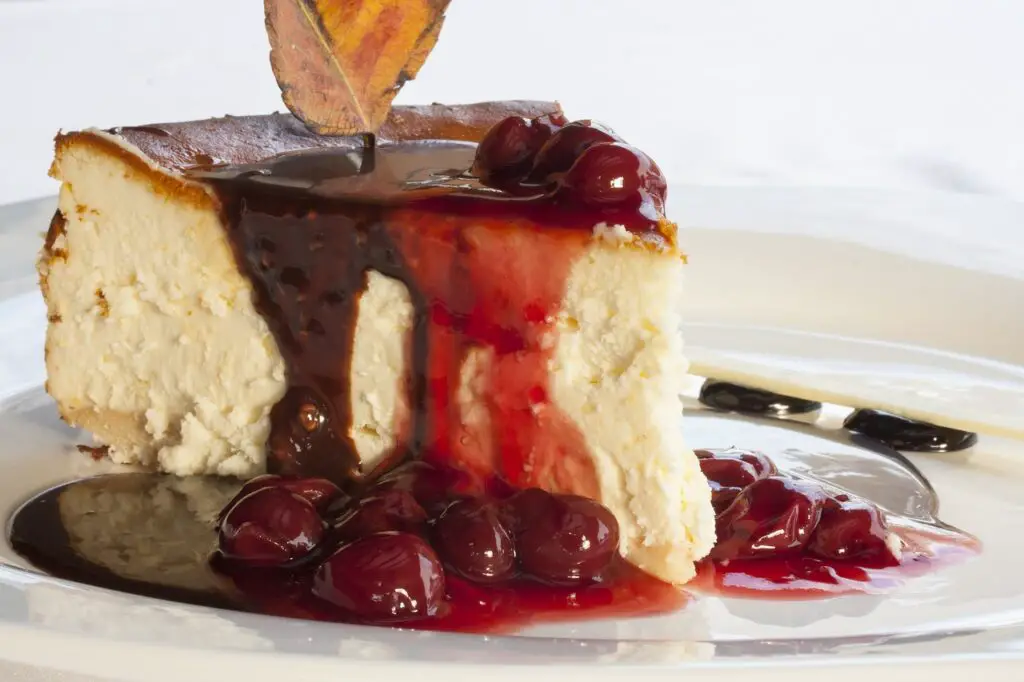
Cheesecakes are usually made from cream cheese. However, you can make a cheesecake with cottage cheese or ricotta. There are loads of alternatives to cream cheese--as long as it can be mixed or beaten to form a smooth mix!
The crust is another essential aspect of the cheesecake. Although they do not require an additional crust, they are typically made using a pre-baked crust.
One of the most popular ingredients used in this crust is Graham crackers. Puff pastry or shortcrust pastry are other options.
A cheesecake is an exciting dessert that has been around longer than you might think!
When was cheesecake originally made? The first cheesecake was created in ancient Greece.
Over the years, cheesecakes have developed into more sophisticated desserts – here are over 50 cheesecake recipes to drool over!
Baked vs Non-Baked Cheesecake Comparison
| Baked Cheesecake | Non-Baked Cheesecake | |
| Does cheesecake have eggs? | Yes | No |
| Does cheesecake have cheese? | Yes | Yes |
| Does cheesecake have cream? | Yes | Yes |
| What is the avg base made of? | Biscuit base | Biscuit base |
| Is cheesecake gluten-free? | No | No |
| Is cheesecake vegan? | No | No |
I have undertaken an extensive overview of making these these with egg substitutes and when is the right time to use them for egg replacement!
Different Types of Cheesecakes
Today, there are a variety of varieties of cheesecakes available. However, the two main types is a baked cheesecake and cheesecakes that are not baked.
A cheesecake that is not baked usually consists of fresh, soft cheese (like cream cheese) and sugar.The cheesecakes are mixed and placed in a fridge overnight.
It may contain flavors or colors, but this is optional.
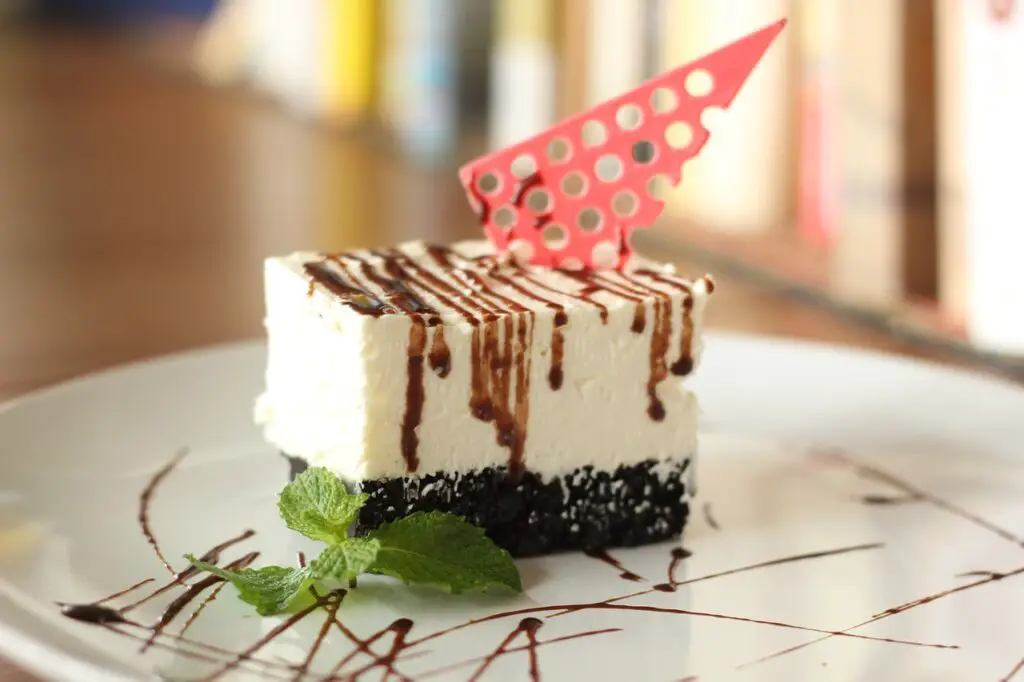
They are also often made with a crust baked in advance so that the texture is soft and smooth. Many prefer cheesecakes without baking since they are faster and simpler to make and have a fresher taste.
Cheesecakes that have eggs need to be baked in order to cook the eggs, so any pretty much any baked cheesecake recipe will have eggs in the ingredient list. recipe.
Cheesecakes with eggs tend to have a unique texture.
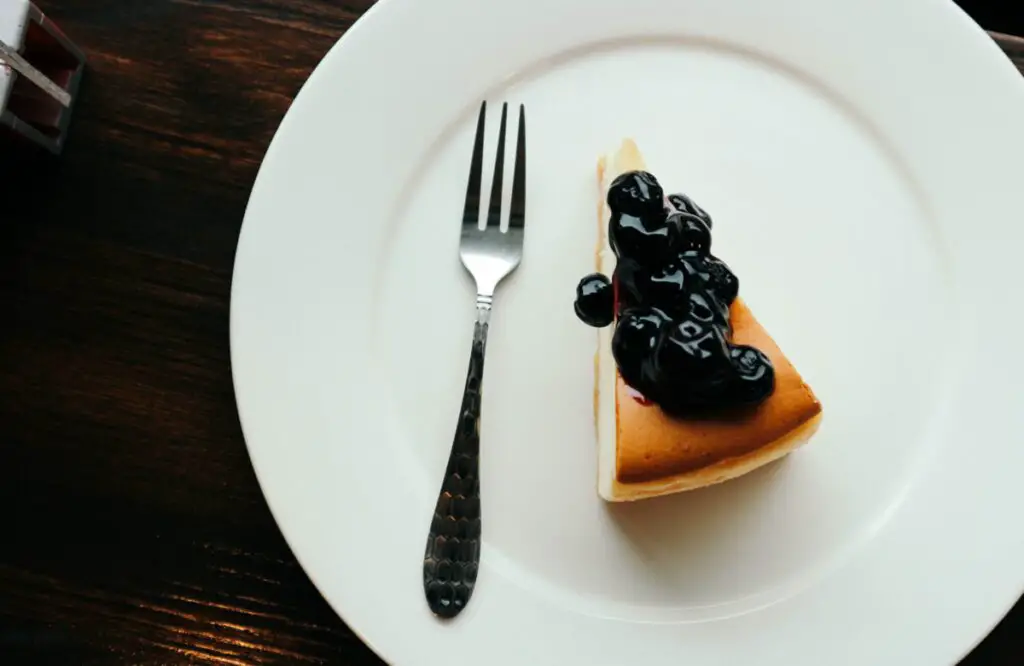
Eggs Help to Get The Perfect Structure
The primary function of eggs in cheesecakes is to help the batter set. When you bake an aerated cheesecake, the lifted batter requires some support to ensure it stays aerated and soft. If they are heated, the proteins begin to solidify and create an infrastructure for other ingredients.
Using bad eggs will give you a flat or cracked cheesecake.
Using too many eggs can make a highly dense cake that is almost rubbery in texture. Therefore, the proportion between eggs and other components is crucial!
Eggs Can Create a Specific Texture
Eggs can be added to the cheesecake mixture in a variety of ways. The method you choose to use will directly affect the final taste of the cake. Either use whole eggs, egg yolks, or egg whites to make various types of cheesecakes.
When you use whole eggs, the cake will have a slightly aerated, smooth texture.
When you only use the yolks, you’re only adding color. The texture of baked cheesecakes is typically denser but is still smooth and silky.
Finally, you can whip egg whites until stiff or medium peaks and gently incorporate them into your batter. This will create a soft, spongy, and soft cheesecake.
Alternatively, you could beat egg yolks (like this recipe) and then incorporate the egg whites that have been beaten to create an airy texture.
What Can Replace Eggs in Cheesecake?
I’ve put together an inventory of the most effective substitutes for eggs used in cheesecakes. Some are great as substitutes for whipped egg whites, and others are better as alternatives to full eggs.
| Substitute | Substitution | The Best Use For |
|---|---|---|
| Flax Eggs | 1 tablespoon ground flaxseeds plus 3TBSP liquid = one egg. | Egg whites (unbeaten) |
| Chia Eggs | 1 teaspoon ground chia seeds + 2 TBSP liquid = one egg white | Egg whites (unbeaten) |
| Aquafaba | 2 tablespoons = 1 egg white 3 Tbsp = 1 whole egg | Whites of eggs (whipped) Whole eggs (beaten) |
| Mashed Banana | 1 ripe, mashed banana equals 1 whole egg | Whole eggs (beaten) |
| Buttermilk | Four tablespoons equal 1 egg | Whole eggs (beaten) |
1. Flax Eggs
Flax eggs are an extremely popular vegan alternative. They are made of ground flaxseeds and water. Flaxseeds expand when mixed with water and produce a remarkably similar texture to chicken eggs.
Once they are ground, they create a thick, smooth, slimy mixture that can be directly added to the batter for cheesecake.
To make flax eggs, mix one tablespoon of ground flaxseed powder with three tablespoons of water. This mixture can be used to replace two egg whites. After mixing, let the flaxseeds sit for at least 5 minutes to thicken.
When to Use
Flaxseeds can be used as unbeaten egg white replacements. Flax eggs cannot whisked, therefore they won’t add an airy texture to the batter.
2. Chia Seed Eggs
Chia seeds function identically to flaxseeds. However, they’re generally more accessible and usually less expensive. (Chia seeds are myr preferred product).
To replace one egg white, you can mix one teaspoon of ground Chia seeds with two tablespoons of water.
Once the mixture is mixed, let the mixture cool and expand for three minutes. Then, you can whisk the mixture until fluffy and into your cheesecake batter.
When Should You Use
Chia seeds are used the same way as flax eggs. They are a substitute for whipped egg whites.
It is also possible to use them to substitute whole eggs; however, they don’t have the flavor or color that regular egg yolks do. They’re best for binding and as a setting ingredient.
3. Aquafaba
This truly is a miraculous ingredient. Have you had the opportunity to try vegan egg whites? We hadn’t until we found aquafaba.
It is a an egg white substitute that is whisked to different stages to make a light, dairy-free cheesecake.
The liquid is derived from the juice of chickpeas. Simply whip the liquid from canned chickpeas to create an airy mixture that you can incorporate into the cheesecake batter the same way as regular egg whites.
You could also include three tablespoons of liquid aquafaba (unbeaten) to substitute for a whole egg.
4. Mashed Banana
Mashed bananas might seem like an overkill for an egg substitute in cheesecake, but can be used if it's the only option.
A ripe banana will bind the cheesecake mixture and give it moisture and flavor.
A medium-ripe mashed banana replaces one egg. Strain the banana to ensure it doesn’t add any fibers to the batter.
5. Buttermilk
Buttermilk is pretty easy to incorporate into a cheesecake batter. It ihas an exceptionally creamy texture with a slight tang. If you use it with cream cheese, you might need to add a sweetener to avoid a tart cheesecake.
You can substitute the buttermilk equivalent of four tablespoons for one egg.
Frequently Asked Questions
Can Vegans Consume Cheesecake?
Vegans can eat cheesecake, but only if they do not contain cream cheese and dairy products.
Does Cheesecake Have Eggs?
Most cheesecakes don’t include eggs unless they are baked cheesecakes. Most cheesecakes sold in supermarket chains will be made with pasteurized eggs and soft cheese.
Why Do Cheesecakes (Sometimes) Need Eggs?
When making a cheesecake you will need an ingredient to thicken the mixture and bakers rely on eggs for their thickening power. The raw egg proteins release into the mix and then bind together once it sets.
How Many Eggs Should Go Into Cheesecake?
Follow the recipe guide, but generally, most recipes use whole eggs and on average most recipes use three eggs and two yolks.
Does Non-Baked Cheesecake Contain Eggs?
A non-baked cheesecake shouldn’t contain raw eggs because a non-baked cheesecake only needs double cream and cream cheese to make that delicious soft but thick mix.
Is Cheesecake Healthy During Pregnancy?
Cheesecakes aren’t the same as an apple a day, and depend entirely on what has been put into them. If it has been baked using pasteurized cream cheese with thoroughly cooked eggs (at a temperature of at least 160C/320F), then it’s pretty safe to eat, pregnant or not.
Is Cheesecake OK For Lactose Intolerant?
Yes, provided the cheesecake’s cream has been replaced with another ingredient.
What Can I Use Instead of Cream in a Cheesecake?
You have a choice of using whole milk, skimmed milk, or almond milk. You generally want a milky taste so choose what is closest to natural milk.

